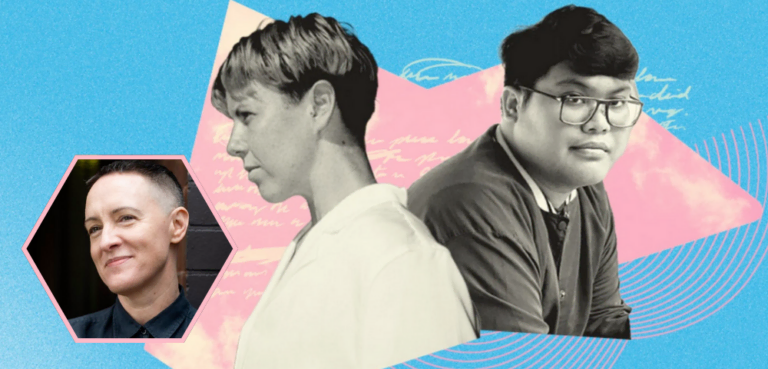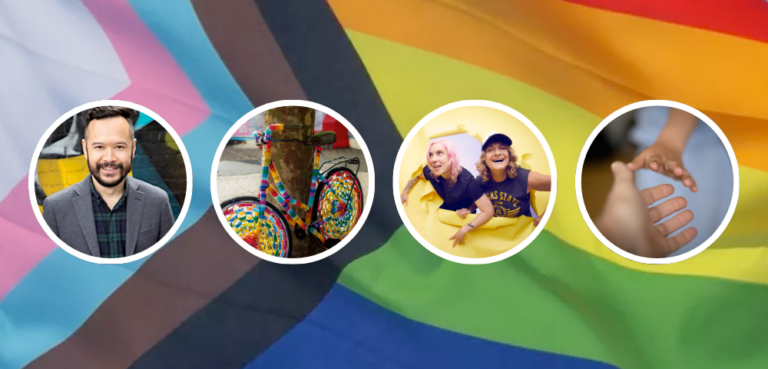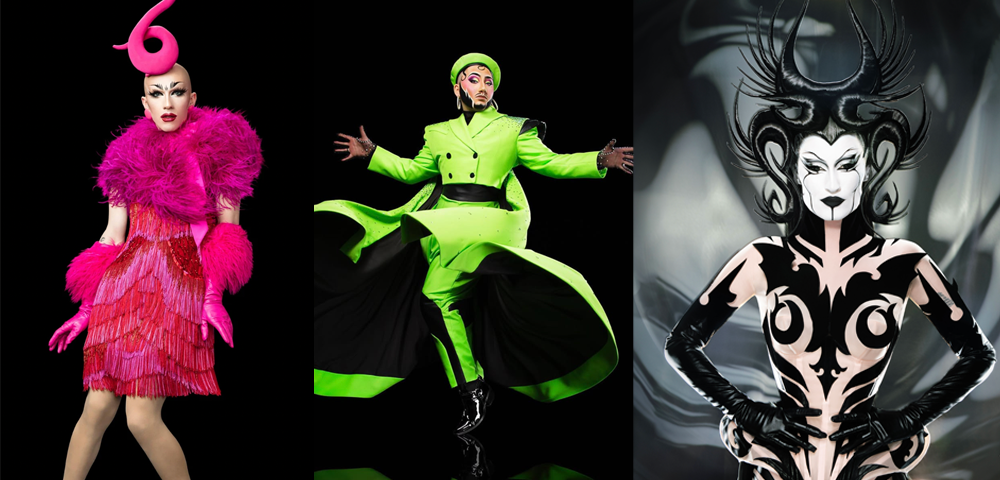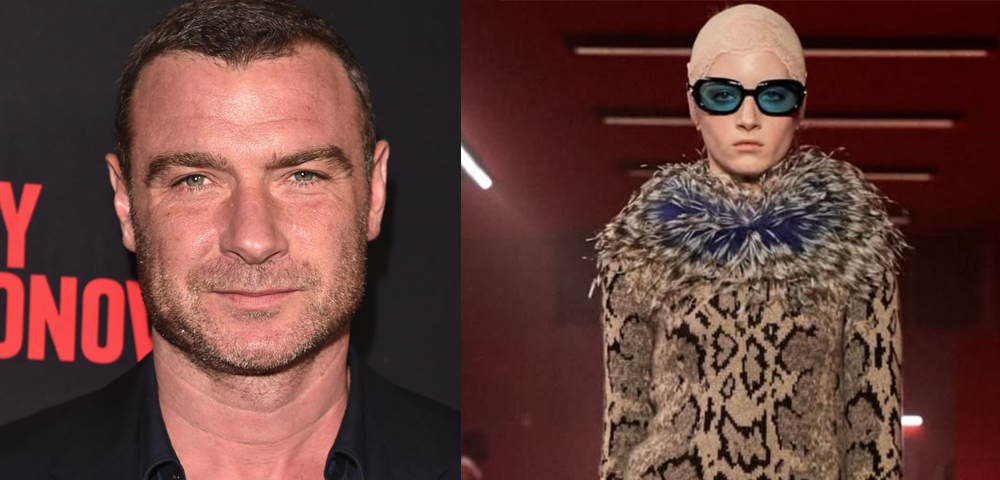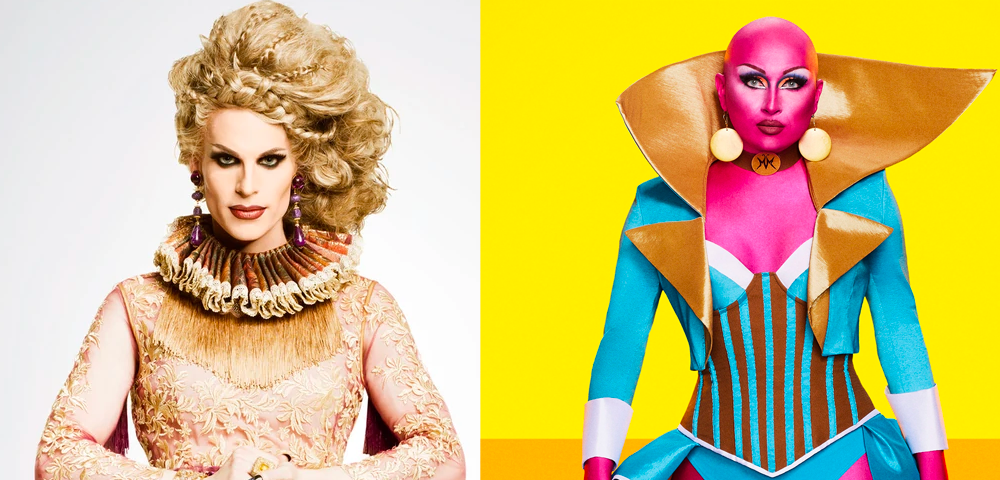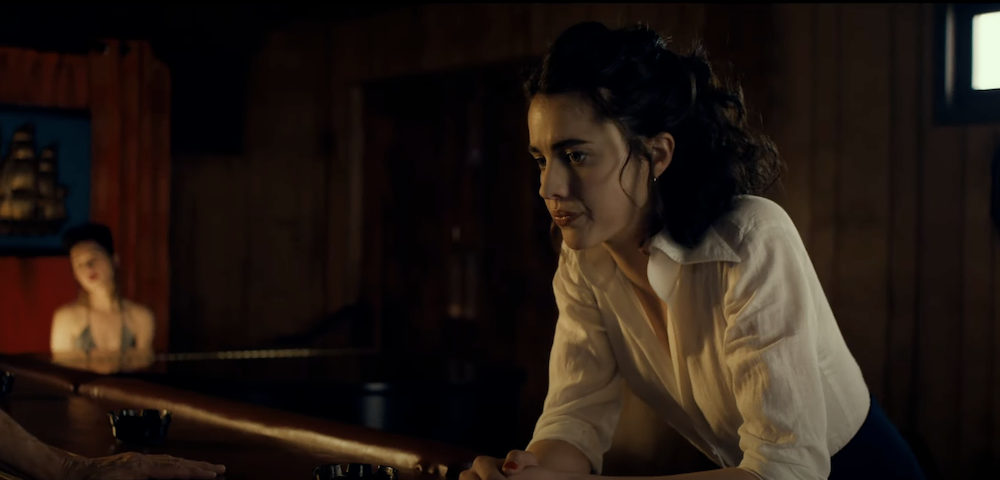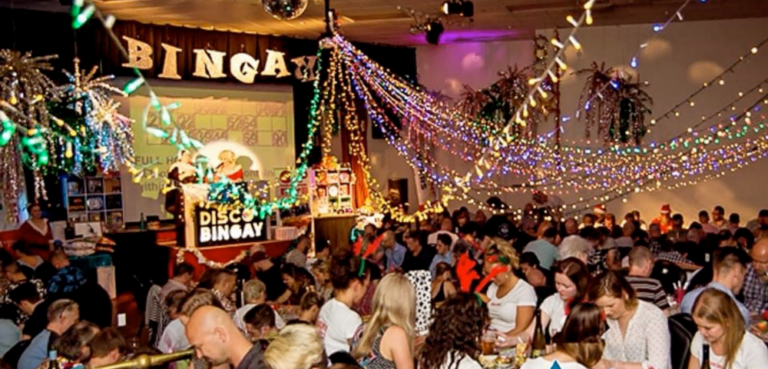
Jodie Cooper Shows Girls Can Indeed Surf
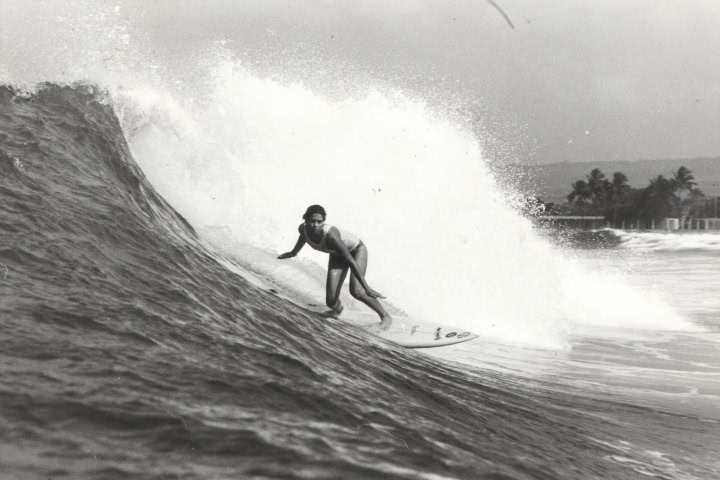
“It’s like every good thing in a bottle, its your medicine, it’s your meditation, it’s your release, you get so much from it, nothing has ever compared to surfing and I think the fact that you are totally surrounded by mother nature is powerful in itself,” Jodie Cooper told Star Observer, when we caught up to discuss the former pro surfers’ career, and soon to be released documentary Girls Can’t Surf.
Directed by Christopher Nelius, the film is a documentary about professional surfing in the late 70s through to now. The documentary conveys a powerful statement on misogyny and sexism, being released at time when such subjects are once again dominating the conversations within Australian society. It details how Cooper, and other women in professional surfing, came up against discrimination and challenges, yet collectively helped changed the culture of surfing for ever.
Born in the coastal town of Albany in Western Australia in the 1960s, Jodie takes us right back to the very beginning telling us that she “didn’t start surfing till I was about 16. Basically I went to school one day and told everyone I could surf, and realised that was pretty stupid because I couldn’t, so I went and had to learn to surf.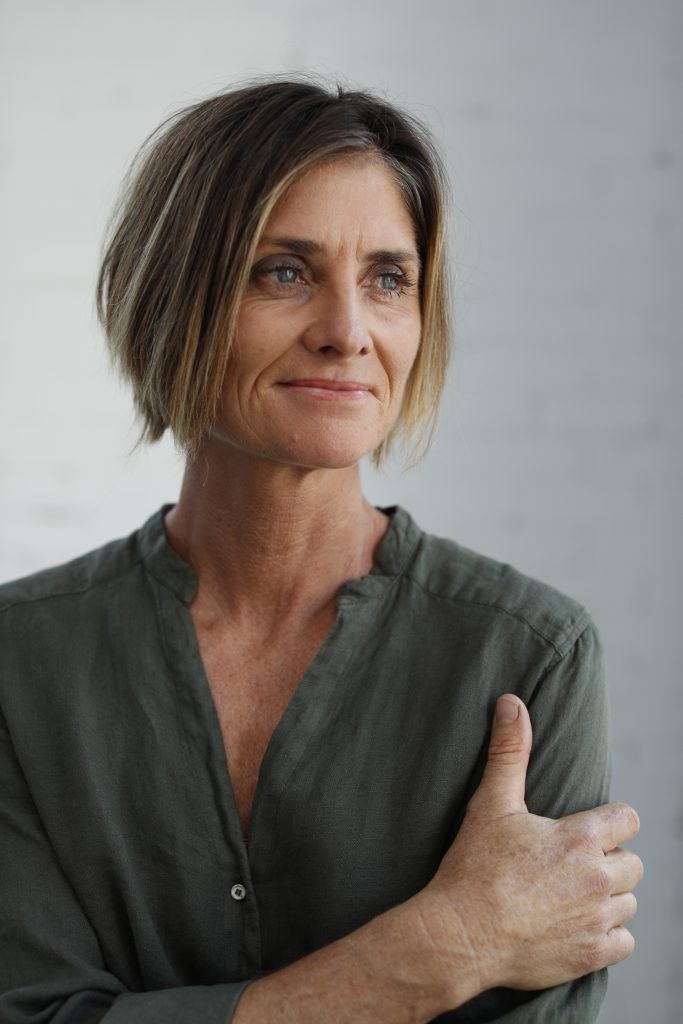
“I was lucky where I was from, because I didn’t come across any of that sexism until I hit the East Coast, and then it was straight out of Puberty Blues. You would go for a surf and guys would literally drop in on you and be like ‘get out of our turf, this is blokes’ territory’. But I was lucky by that stage because I was quite a good surfer, so I could hold my own ground.
“As I got better and got involved in the professional sport and being involved in those organisations, seeing the sexism within that, that was in another league in itself.”
As Jodie continued her accession to even greater heights within professional surfing, she like other women, was often not able to secure the same level of sponsorship as her male contemporaries. The women were offered prize money for competitions far lower than their male contemporaries. Finally they were often sent out in the middle of competitions, when the surf was less than perfect as a fill in between the men’s heats. Yet, for Cooper, things became all the more challenging, when she was outed – becoming the first gay professional surfer known anywhere in the world.
“There were no other gay surfers at all, and anyone who was gay in the industry was looked upon like you were diseased,” Cooper reflected. “It was hard, but I decided that I just couldn’t lie, and had to be myself. I got outed really by accident, someone found my diary and read it. Since that day my life changed, but I decided to take the route of not lying about it. It’s better to come out and gather some strength through that than staying in the closet and gaining no self-respect or inner worth. I’m glad I took that choice. It’s one thing to go out there and compete but to be treated differently among your peers because of your sexuality is a whole other thing all together. But I wanted to make a change.”
As the film continues, the evidence continues to mount, detailing the unfair advantage of male surfers, that was until 2018 when the World Surfing League announced equal prize money for male and female pro surfers. The announcement made after a picture went viral showing the disparity between prize money for the Billabong Junior Series – in it, the two winners stand side by side, cheques in hand, the under 18s male winner was awarded $8000, yet his female contemporary just $4000.
“Within the 30 years since surfing went professional, nothing had changed. It was a pinnacle moment, when people realised how ridiculous it looked but after that they decided to make equal prize money for women.
“When I heard the news about the equal prize money, the first thing I did was grab a calculator and added up the difference and had a bit of a chuckle. If we had reached that point when I was still surfing, today I would be mortgage free, retired, and I would have owned my house years ago. I wouldn’t be doing the 10-hour days I’m doing today.
“But you know what, I lived a fantastic life, I travelled the world surfing, I didn’t make a lot of money out of it, but I have some good stories. I’m a glass half full kind of girl and it is what it is.”
Girls Can’t Surf is out in cinemas nationally March 11

